Since 1999, drug overdoses have claimed the lives of more than one million people in the United States.
Each year, approximately 100,000 individuals die due to drug overdoses, with opioids being the most commonly identified substance in these deaths. According to a survey conducted by the Substance Abuse and Mental Health Services Administration, over half of the respondents who used opioids reported that they obtained the drugs from a friend or relative’s prescription. About 25% stated they received them from a healthcare provider, while less than 5% said they got them from a drug dealer or a stranger. These numbers highlight how accessible prescription opioids have become within households and social networks, contributing significantly to the national overdose crisis.
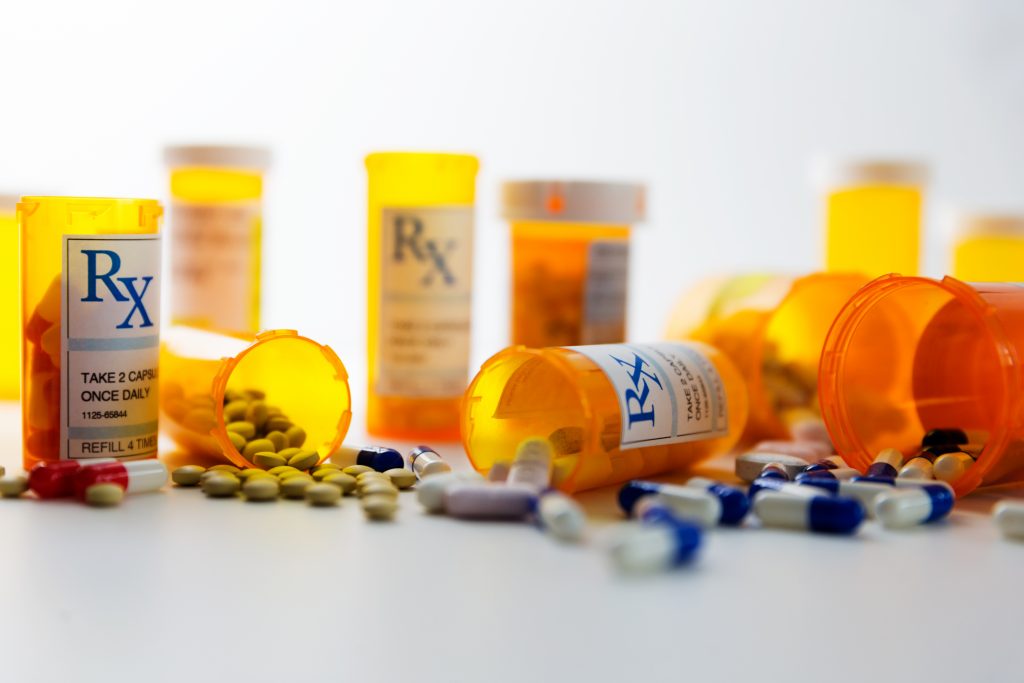
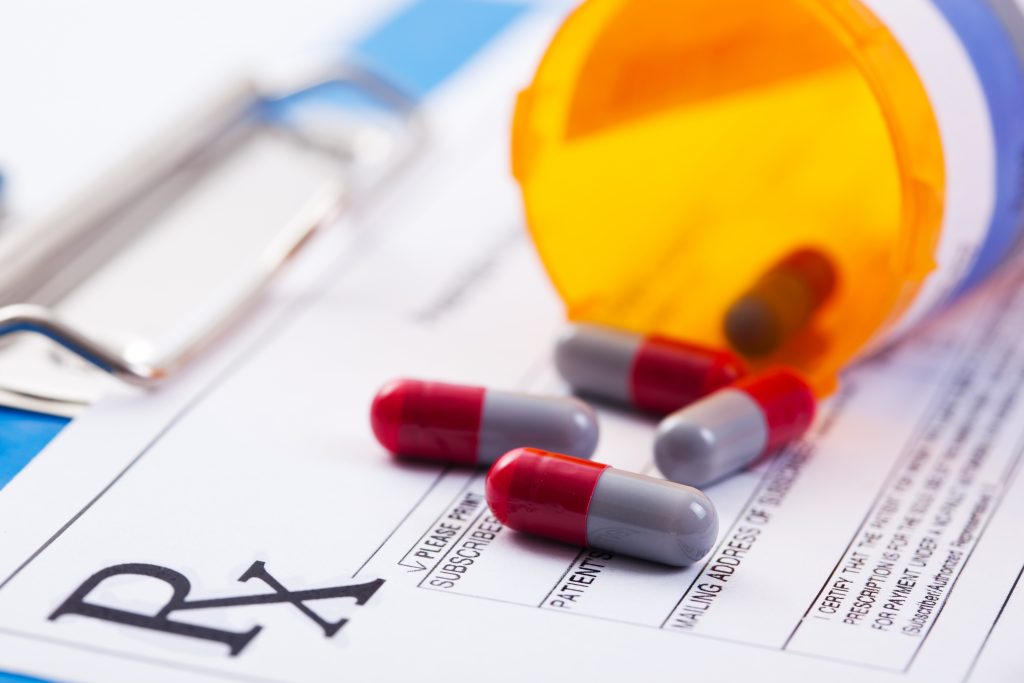
The Centers for Disease Control and Prevention (CDC) reported that from 2019 to 2021, the median number of drug overdose deaths among children increased by a staggering 109%. Several contributing factors may be responsible for this rise, including unaddressed mental health issues, sudden life transitions, peer pressure, and a growing curiosity to experiment with substances. Alarmingly, some children under the age of 14 have been reported to accidentally consume medication after mistaking colorful pills for candy. In many cases, children gained access to prescription drugs due to leftover medication from surgeries or treatments, or because they found unsecured prescription bottles belonging to relatives. These unfortunate incidents stress the importance of proper medication storage and disposal within homes.
One of the most effective ways to reduce overdose risk is to ensure that unused or expired prescription drugs are disposed of responsibly. That is why prescription drug take-back programs are such a vital public health initiative. By giving individuals a safe and convenient way to discard medications, these programs help eliminate opportunities for misuse, theft, or accidental ingestion.
What Are Take Back Programs?
In 2010, the Drug Enforcement Administration (DEA) launched the National Prescription Drug Take Back Day, a campaign aimed at clearing out expired or unwanted prescription drugs from homes across the country. The initiative involves setting up secure and accessible drop-off locations in communities, allowing people to safely dispose of medications that might otherwise pose a risk. These drop-off points are widely available and may include:
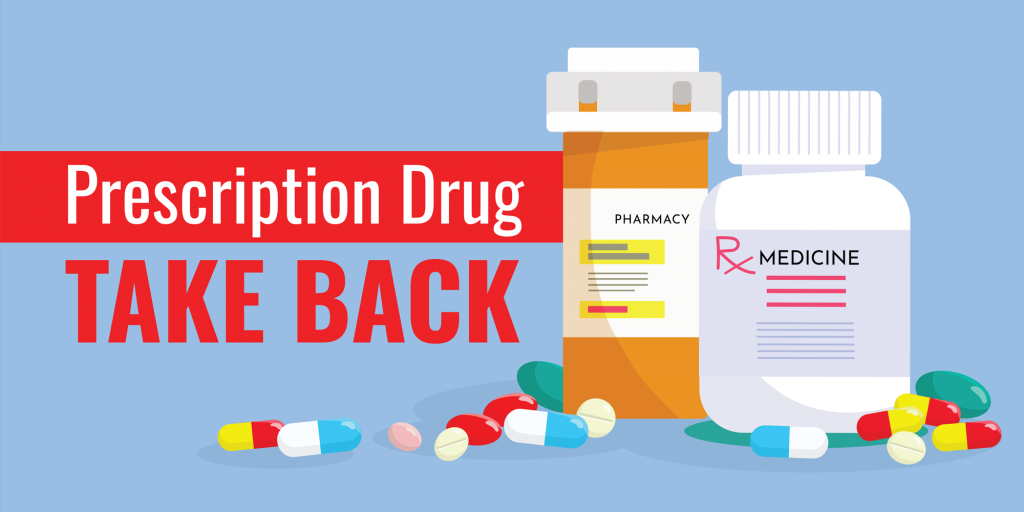
- Kiosks at Pharmacies – Many major pharmacy chains, such as CVS and Walgreens, provide secure drop boxes. Most homes in the U.S. are located within five miles of a participating location.
- Local Law Enforcement Agencies – Police departments often have permanent drug disposal kiosks available in their lobbies to assist the community year-round.
- Mail-Back Envelopes – Some pharmacies, community organizations, and government agencies offer free pre-paid envelopes so individuals can safely mail their unwanted medications for proper disposal.
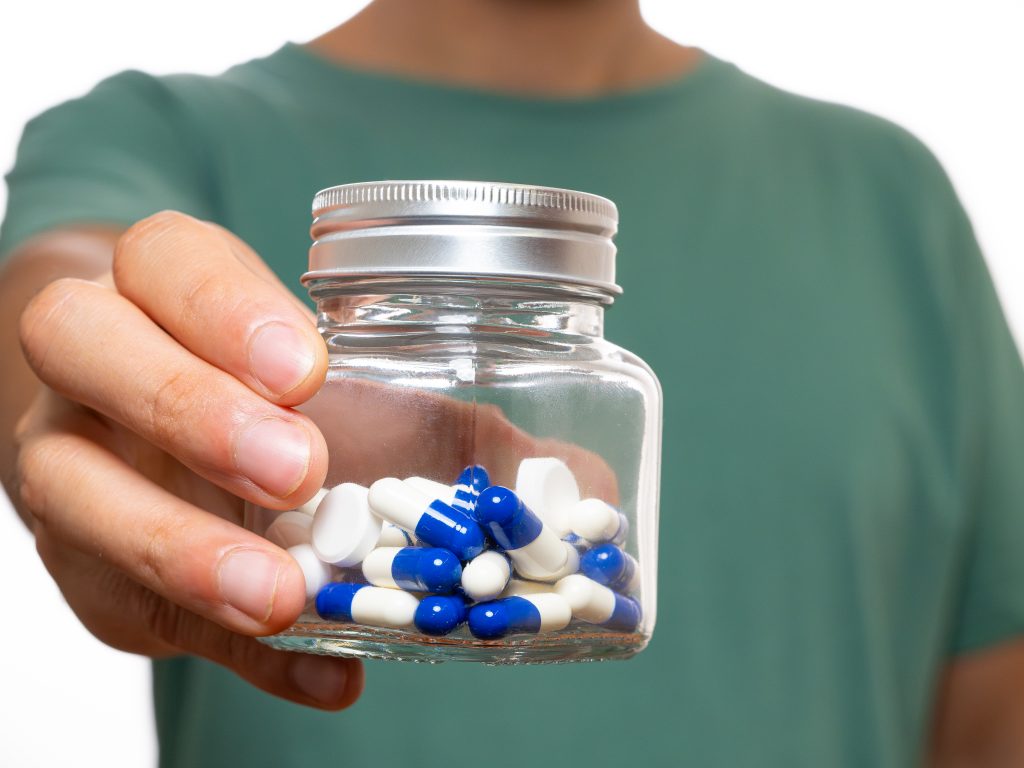
For those who do not have easy access to a take-back location, there are alternative home disposal methods that can reduce the risk of drug misuse:
- Mix the medication with an unappealing substance such as used coffee grounds, cat litter, or dirt.
- Remove pills from their original container and seal them in a different container, like a resealable plastic bag.
- Use a permanent marker to obscure personal information and drug names on the label before discarding the packaging.
The Importance of Proper Disposal
It’s critical for households to regularly review and clear out expired or unused medications. Leaving prescription drugs in accessible places poses a significant risk to children, visitors, and family members. Disposing of medications improperly — like tossing them in the trash without precautions — can result in others retrieving them from garbage bins, potentially leading to harmful consequences. Additionally, improperly discarding prescription bottles without removing personal data can expose individuals to identity theft.
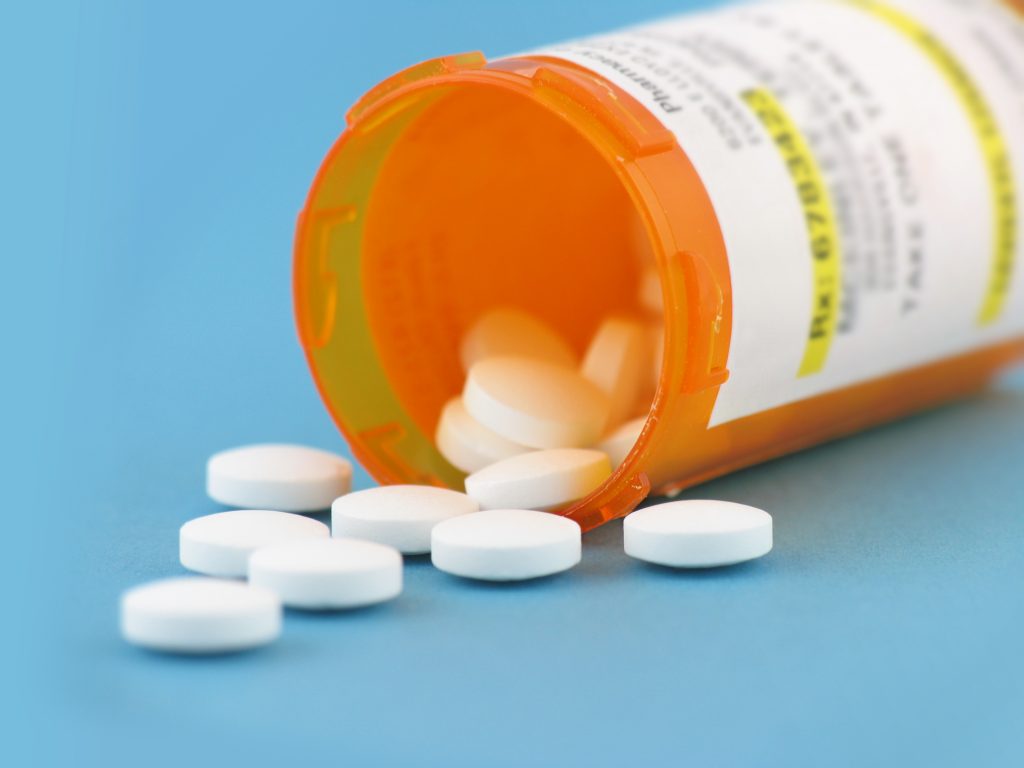
Take action today by tracking the medications in your home and locating the nearest drop-off site. You can call the DEA Diversion Control Division Registration Call Center at 800-882-9539 for more information about these drug take-back locations. By participating in take-back programs and spreading awareness about safe disposal, you’re playing a part in combating the overdose epidemic — one prescription at a time.
